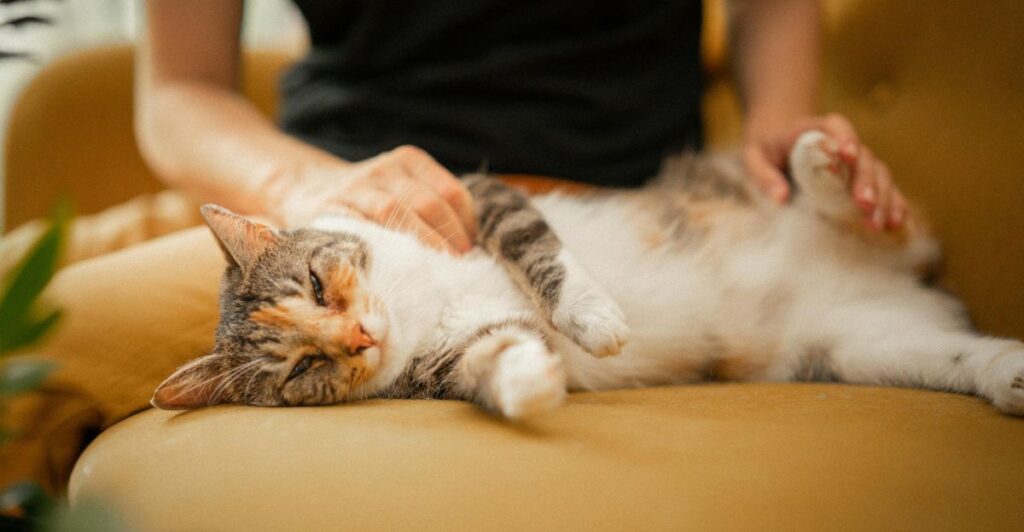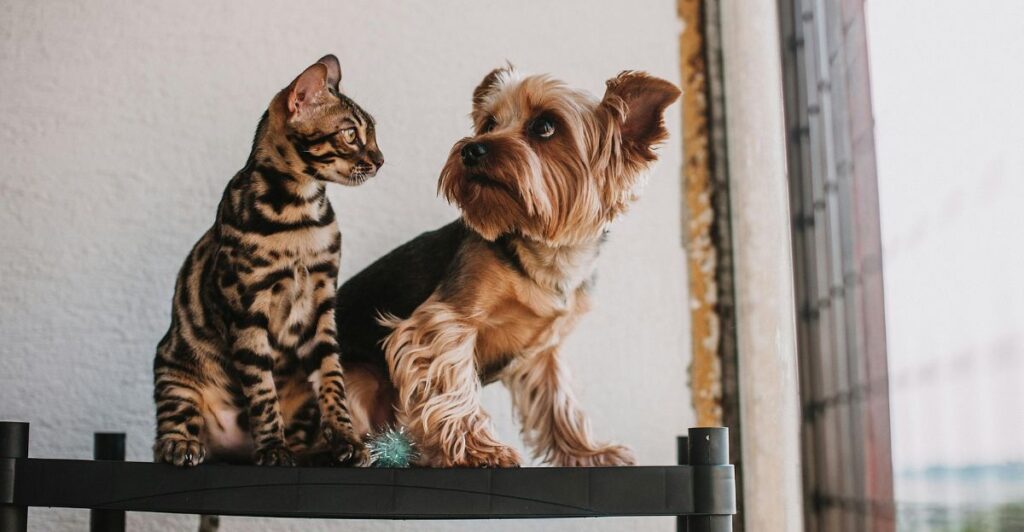
Cloning a pet can seem like a tempting way to preserve the bond with a beloved animal, but it’s not a decision to take lightly. Beyond science and technology, there are many factors to consider. So, before making this life-changing choice, take a moment to reflect on these important questions that could shape the future of your relationship with your pet.
1. Is Cloning Legal Where You Live?

Before taking any steps towards cloning, it’s important to verify the legal status of pet cloning in your location. Countries like South Korea and the U.S. have approved cloning technology for pets, but some places have strict regulations or outright bans due to concerns over animal welfare and ethics.
2. How Will Cloning Affect Personality?

Studies show that identical animals raised separately can develop distinct personalities. So, while the clone might have a similar look, you might encounter a completely different bond, and that’s something to think about before committing to a clone as a “replacement” for your original pet.
3. Are You Prepared for the Emotional Costs?

Cloning replicates genetics, not memories or experiences. The clone won’t remember shared moments or training from the original. Pet owners often expect a seamless bond, only to feel disappointed when they realize the deep connection they had with their first pets can’t be duplicated.
4. What Will It Cost?

Cloning a pet is not cheap. The cost can vary between $25,000 and $50,000, depending on the provider and the animal type. This hefty price includes not only the cloning procedure but also the veterinary care and other treatments required to ensure the cloned pet’s health.
5. Do You Understand the Ethics?

The ethics of pet cloning are complex and heavily debated. Critics argue that cloning exploits animals, especially when considering the expected health issues that can arise from cloning. For example, some cloned animals suffer from genetic disorders or early demise. So, the ethical question remains.
6. Will the Cloned Pet Be Healthy?

Although cloning can replicate the genetic material of an original animal, it doesn’t ensure a healthy clone. The technology is still evolving, and health risks remain significant. Some clones experience birth defects or health problems that weren’t present in the original animal.
7. Can You Afford Ongoing Care?

Cloning is just the beginning of the financial commitment. Whether cloned or not, pets require ongoing care that includes food, vaccinations, and emergency treatments. Depending on its health, a cloned pet may even require more specialized care. Make sure you can afford the whole process.
8. What Happens to the Legacy?

While clones are genetic copies, personality traits are shaped by life experiences. The original pet’s quirks, learned behaviors, and temperament won’t carry over. The clone may look familiar but will develop its own unique identity, influenced by its upbringing and environment.
9. Will You Face Unique Challenges?

Raising a cloned pet can come with unexpected challenges. The clone may require different training techniques, routine changes, or extra attention to build the bond you want. Be prepared for familiar challenges you’ve faced before, along with a few new surprises.
10. How Will Cloning Affect Other Pets?

Introducing a cloned pet into your home could affect the dynamic with the existing animals. They may react differently to the clone, especially since pets have unique bonds with each other. Consider how your current pets might adapt to this new addition before making a decision.
11. Are You Prepared for the Uncertainty?

Cloning is still a complex and experimental process with no guaranteed outcome. The success rate is lower than many realize, and there are often complications during the process. Be ready for the possibility that cloning may not go as planned, leading to additional emotional and financial costs.
12. Would You Consider Adoption?

Adopting a pet is a great alternative to cloning, and it may be more fulfilling than replicating a beloved animal. Adoption provides a loving home for an animal in need and avoids the ethical and financial concerns associated with cloning. In fact, the experience can be deeply rewarding for both you and your new pet.
Stay connected with us for more stories like this! Follow us to get the latest updates or hit the Follow button at the top of this article, and let us know what you think by leaving your feedback below. We’d love to hear from you!







